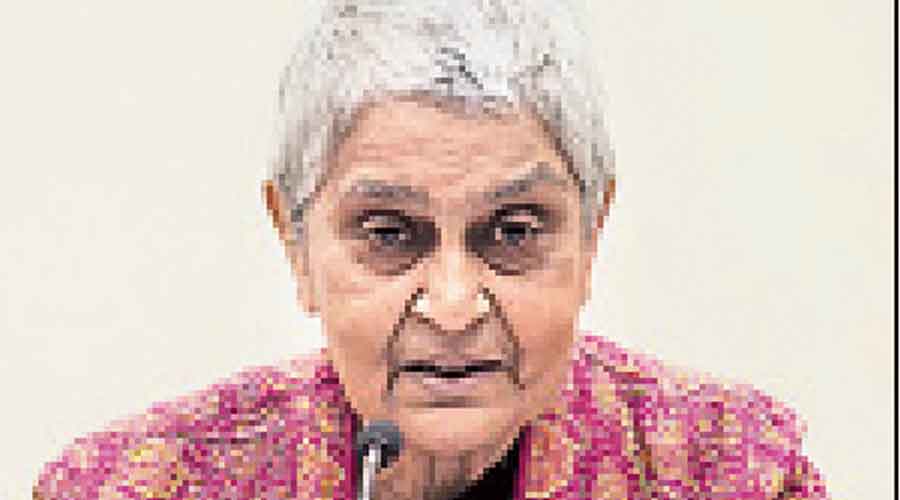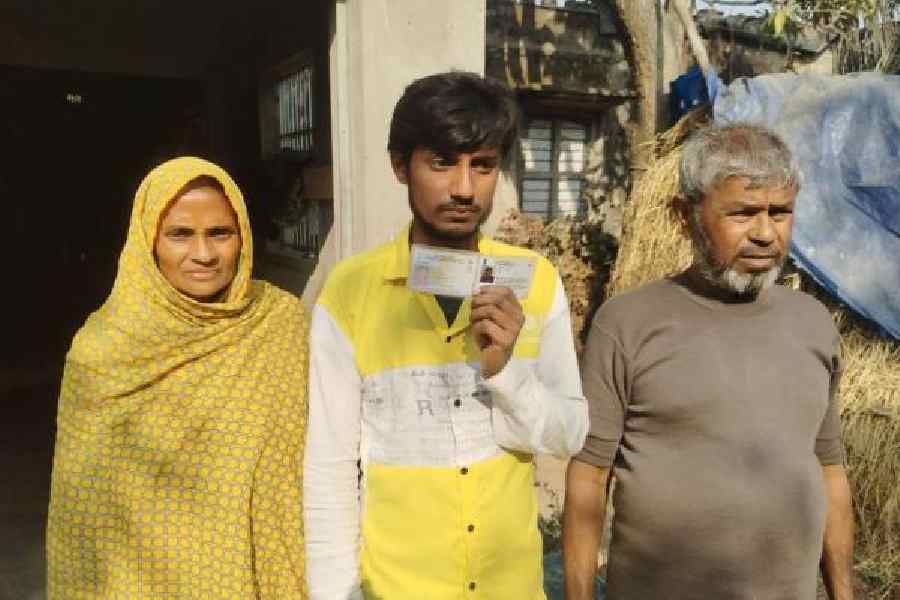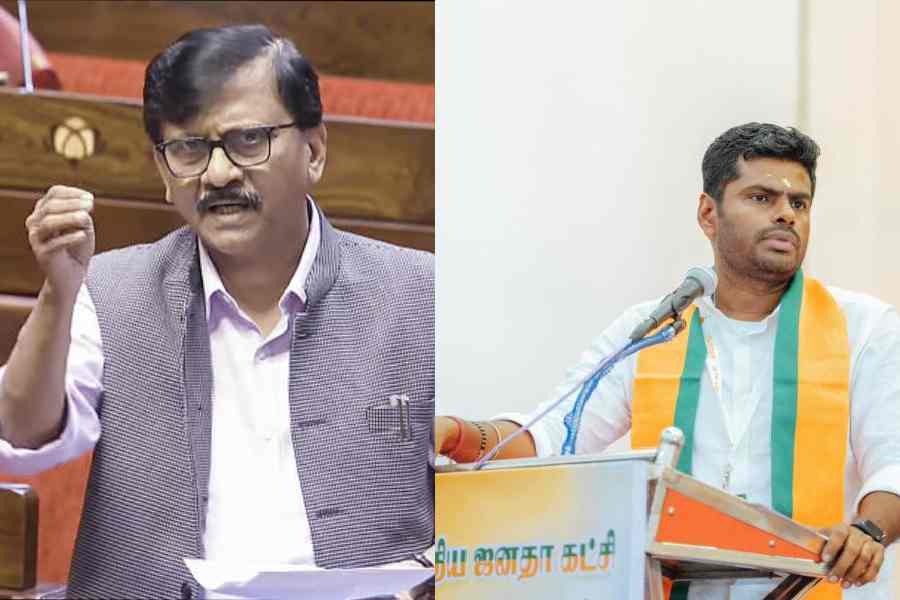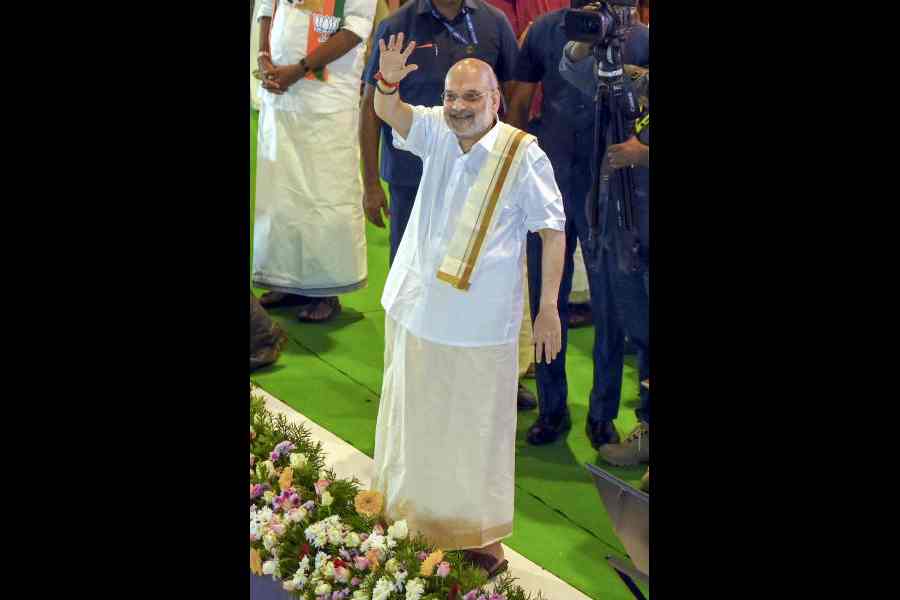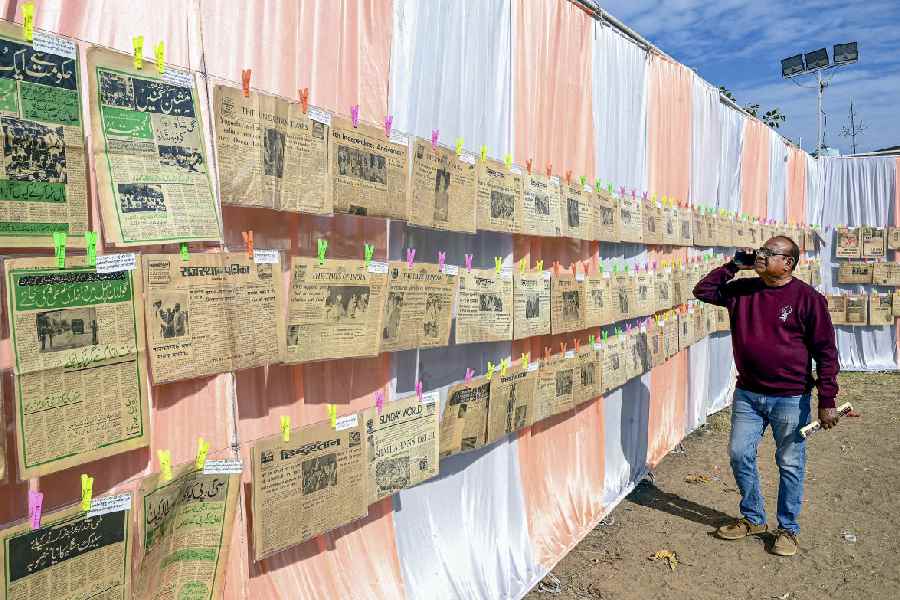Gayatri Chakravorty Spivak, eminent literary critic, contributor to the Subaltern Studies Collective and University Professor, Columbia University, and Alapan Bandyopadhyay, administrator and writer, recently spoke in Calcutta on a path-breaking international literary project to translate classics from 1,000 years of Bengali history into English. The series is contracted with Columbia University Press.
Spivak has launched the project and mobilised the finest translators across the world. The initiative is looking for generous financial support. Edited excerpts from the conversation below:
AB: Will you say this project is a kind of homecoming for you? A retreat from the cosmopolitical, from the cosmopolitan, to Bengal?
Spivak: Yes. The short answer is, yes. Homecoming is also a species of historical cosmopolitanism. The possibility of diversified cosmopolitanism existed long before the kind of unitary globalisation that we see now. So it is a homecoming, but it does not take me away from the cosmopolitan. It is a homecoming that restores us to the possibility of seeing how cosmopolitanism elaborates in history.
AB: Indeed, Milinda (you know him), Shuvatri, the young researchers, tell me that, for you, language work, imaginative activism, is the work of democracy, of creating solidarities. Do the Third World and subalternity get a dignified movement through translation? Derrida (whom you famously translated) analysed Eurocentrism in Western philosophy. Does the imperative to discover multiple loci drive you? Your Draupadi (you translated Mahasweta Devi’s Draupadi to underline subaltern resistance to power), Kali, Manasa, Chandi: do they come to puncture the dominant narrative of globalisation today?
Spivak: No, no. They come on their own. They are not reactive to anything. I am not interested in being anyone’s enemy. That was the first thing Professor Tarak Nath Sen taught us in Presidency College: how to say ‘yes’ to the enemy and learn from our worst critics.
AB: Would you say that the search for plurality of voices has a nobility of its own? The translation of our greatest treasures into a dominant language has a particular moral rationality?
Spivak: Absolutely. Although enmity is not necessary, resistance remains important. The acknowledgement of the world’s wealth of languages must proceed mother tongue by mother tongue. There is indeed something moral about it. It is the acknowledgement of the humanness of the human.
AB: Will you say that in this commonwealth of languages that we inhabit in the age of globalisation, some languages like ours are getting subalternised? Will you say that Bengali today is a subaltern language? And yours is a legitimate exercise because it uplifts the subaltern?
Spivak: What you are saying is interesting and important, but subaltern isn’t to be romanticised. We need some of the global languages for reasons of world governance but the world’s wealth of languages is what transforms the globe into a “world”.
This wealth should not be seen solely through the prism of subalternity. Also, please do not forget that Bengali is the national language in Bangladesh. Our series welcomes the Bengali work consolidated by Bangladesh.

